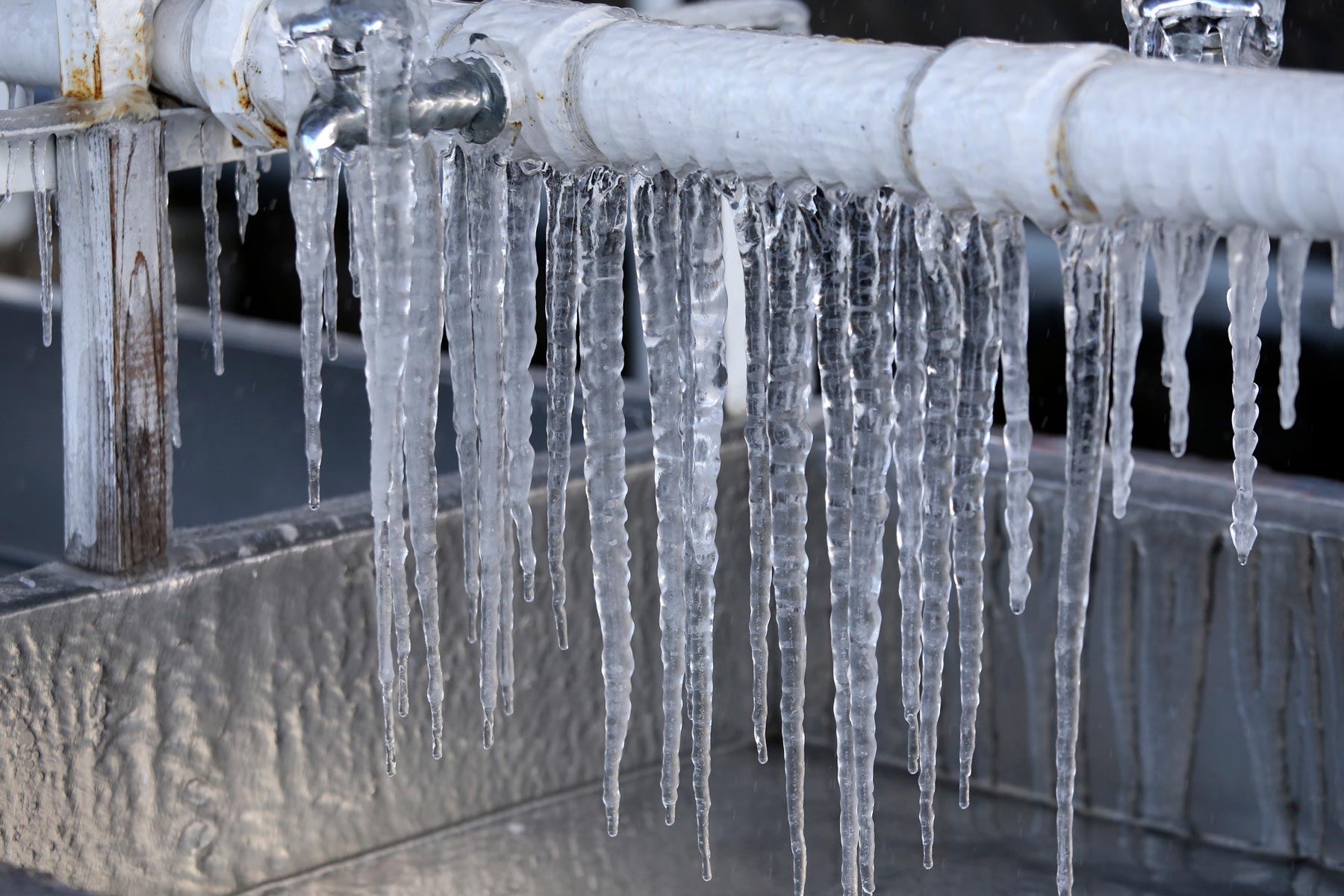Just how do you feel when it comes to How to Prevent Your Pipes From Freezing?

Winter can ruin your plumbing, specifically by freezing pipes. Right here's just how to prevent it from happening and what to do if it does.
Intro
As temperature levels decrease, the risk of icy pipes increases, possibly causing costly repairs and water damages. Understanding just how to avoid frozen pipelines is essential for homeowners in chilly climates.
Comprehending Icy Pipes
What creates pipes to ice up?
Pipes freeze when subjected to temperature levels below 32 ° F (0 ° C) for prolonged durations. As water inside the pipelines ices up, it expands, putting pressure on the pipeline walls and possibly causing them to rupture.
Threats and damages
Frozen pipelines can bring about supply of water disturbances, home damages, and pricey repairs. Burst pipes can flood homes and trigger substantial architectural damages.
Indications of Frozen Piping
Recognizing icy pipelines early can stop them from breaking.
Exactly how to determine frozen pipes
Search for decreased water circulation from taps, uncommon odors or noises from pipelines, and noticeable frost on subjected pipes.
Prevention Tips
Shielding at risk pipes
Wrap pipelines in insulation sleeves or utilize heat tape to protect them from freezing temperature levels. Focus on pipes in unheated or external areas of the home.
Home heating methods
Keep indoor spaces adequately heated up, especially locations with plumbing. Open up cabinet doors to enable cozy air to distribute around pipelines under sinks.
Safeguarding Exterior Plumbing
Yard tubes and outside taps
Disconnect and drain yard hoses before wintertime. Install frost-proof spigots or cover outside taps with insulated caps.
What to Do If Your Pipelines Freeze
Immediate actions to take
If you believe frozen pipelines, keep taps available to relieve pressure as the ice thaws. Make use of a hairdryer or towels soaked in warm water to thaw pipes gradually.
Long-Term Solutions
Architectural adjustments
Consider rerouting pipes far from outside wall surfaces or unheated locations. Include additional insulation to attics, cellars, and crawl spaces.
Updating insulation
Invest in high-grade insulation for pipes, attics, and walls. Appropriate insulation aids maintain consistent temperatures and minimizes the threat of icy pipelines.
Verdict
Avoiding frozen pipes requires proactive steps and quick reactions. By comprehending the causes, signs, and preventive measures, homeowners can protect their pipes throughout cold weather.
Helpful Tips to Prevent Frozen Pipes this Winter
UNDERSTANDING THE BASICS: WHY PIPES FREEZE AND WHY IT’S A PROBLEM
Water freezing inside pipes is common during the winter months, but understanding why pipes freeze, and the potential problems it can cause is crucial in preventing such incidents. This section will delve into the basics of why pipes freeze and the associated problems that may arise.
THE SCIENCE BEHIND FROZEN PIPES
When water reaches freezing temperatures, it undergoes a physical transformation and solidifies into ice. This expansion of water as it freezes is the primary reason pipes can burst. As the water inside the pipe freezes, it expands, creating immense pressure on the walls. If the pressure becomes too great, the pipe can crack or rupture, leading to leaks and water damage.
FACTORS THAT CONTRIBUTE TO PIPE FREEZING
Low Temperatures: Extremely cold weather, especially below freezing, increases the risk of pipes freezing. Uninsulated or Poorly Insulated Pipes: Pipes located in unheated areas, such as basements, crawl spaces, or attics, are more prone to freezing. Insufficient insulation or lack of insulation altogether exacerbates the problem. Exterior Wall Exposure: Pipes running along exterior walls are susceptible to freezing as they encounter colder temperatures outside. Lack of Heating or Temperature Regulation: Inadequate heating or inconsistent temperature control in your home can contribute to frozen pipes. PROBLEMS CAUSED BY FROZEN PIPES
- Pipe Bursting: As mentioned earlier, the expansion of water as it freezes can cause pipes to burst, resulting in significant water damage.
- Water Damage: When pipes burst, it can lead to flooding and water damage to your property, including walls, ceilings, flooring, and personal belongings.
- Structural Damage: Prolonged exposure to water from burst pipes can compromise the structural integrity of your home, leading to costly repairs.
- Mold and Mildew Growth: Excess moisture from water damage can create a favorable environment for mold and mildew growth, posing health risks to occupants.
- Disrupted Water Supply: Frozen pipes can also result in a complete or partial loss of water supply until the issue is resolved.
WHY CERTAIN PIPES ARE MORE PRONE TO FREEZING
- Location: Pipes located in unheated or poorly insulated areas, such as basements, crawl spaces, attics, or exterior walls, are at higher risk of freezing.
- Exterior Pipes: Outdoor pipes, such as those used for irrigation or exposed plumbing, are particularly vulnerable to freezing as they are directly exposed to the elements.
- Supply Lines: Pipes that carry water from the main water supply into your home, including the main water line, are critical to protect as freezing in these lines can affect your entire plumbing system.
- Underground Pipes: Pipes buried underground, such as those connected to sprinkler systems or outdoor faucets, can be susceptible to freezing if not properly insulated.
https://busybusy.com/blog/helpful-tips-to-prevent-frozen-pipes-this-winter/

Do you enjoy more info about How To Avoid Freezing Pipes? Leave feedback down below. We would be pleased to see your views about this content. Hoping to see you back again in the future. Liked our write up? Please quickly share it. Help somebody else find it. We enjoy reading our article about Preventing and dealing with frozen pipes.
Check Us Out